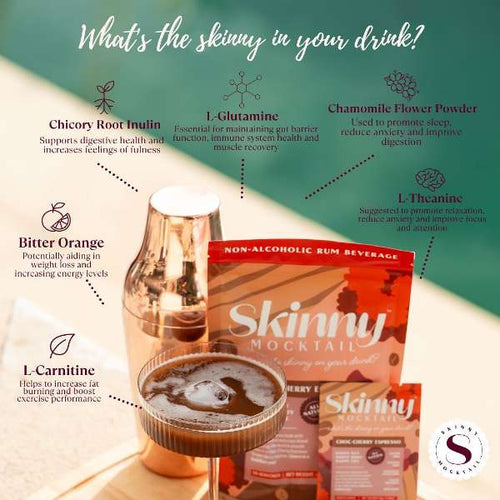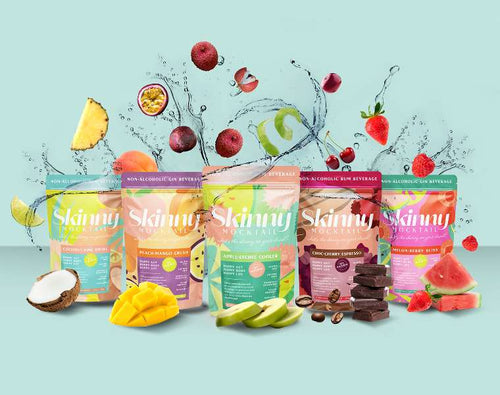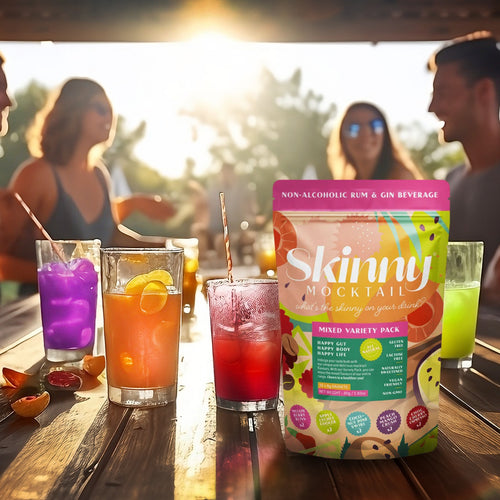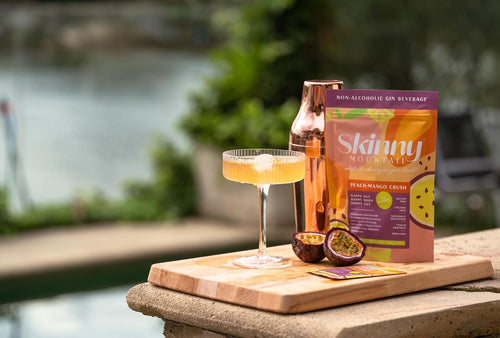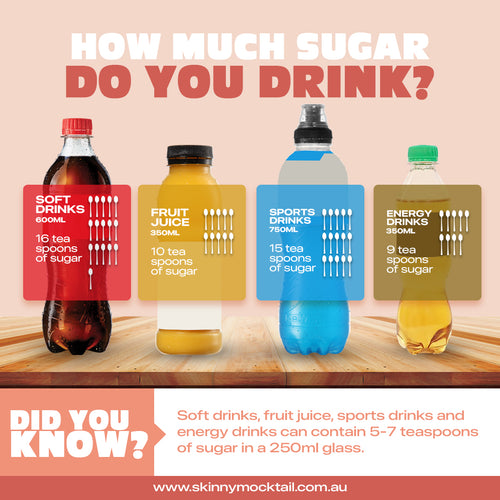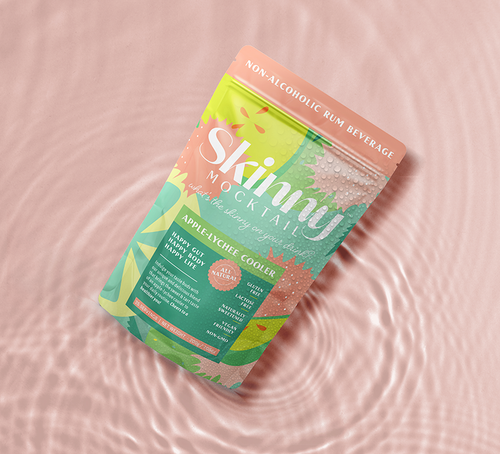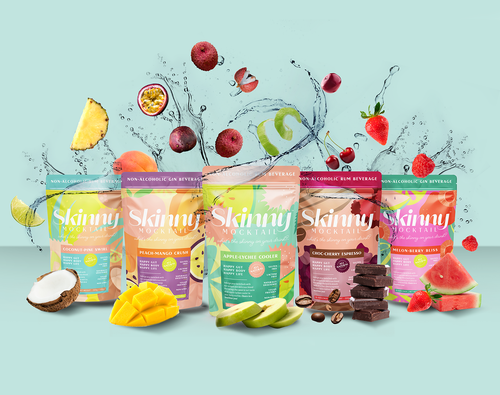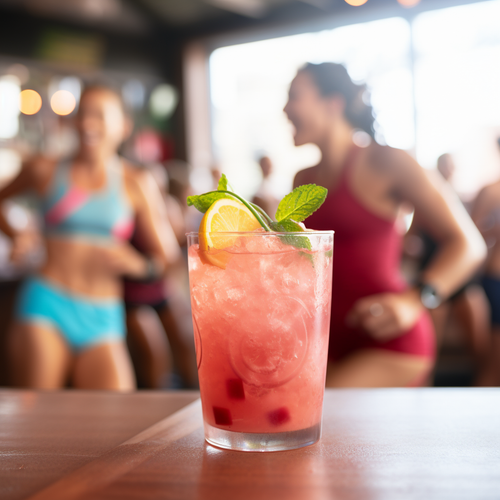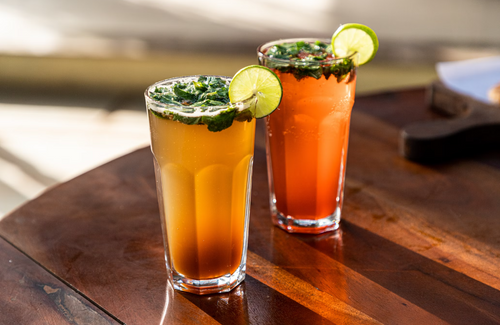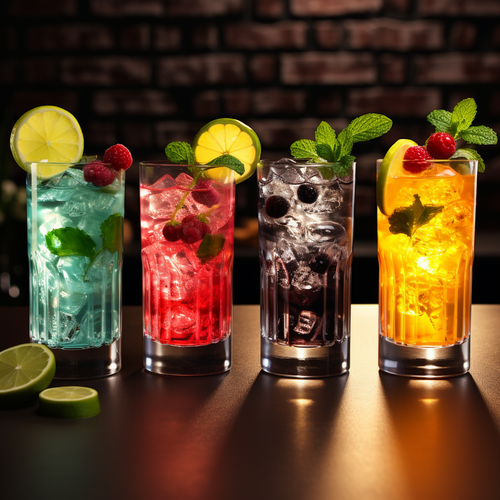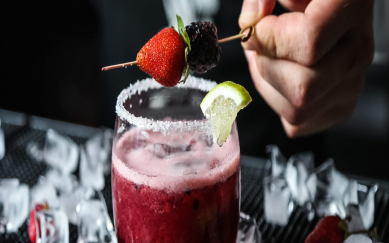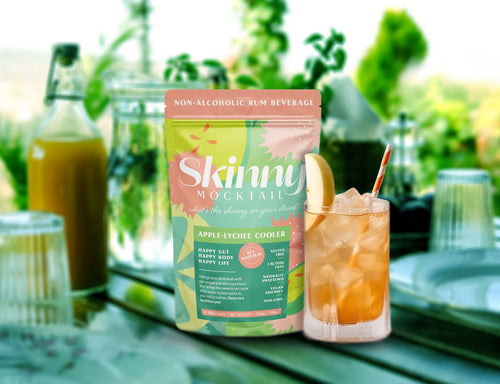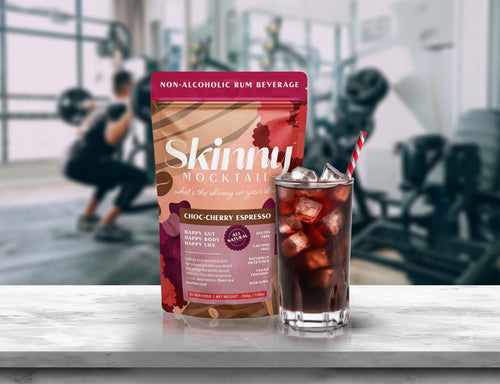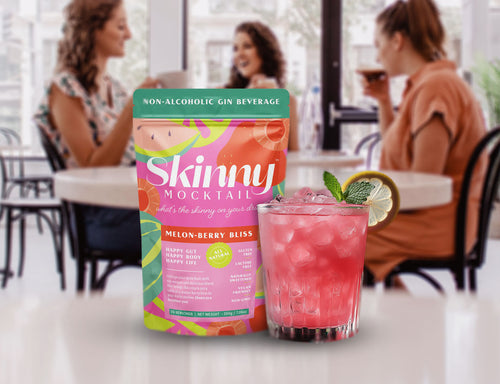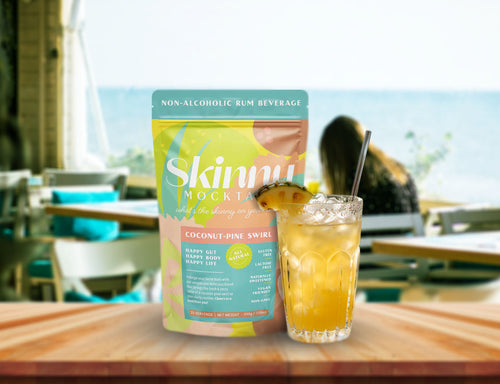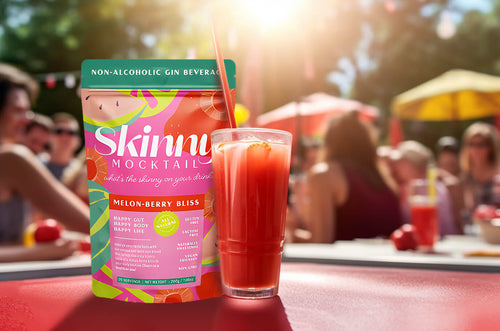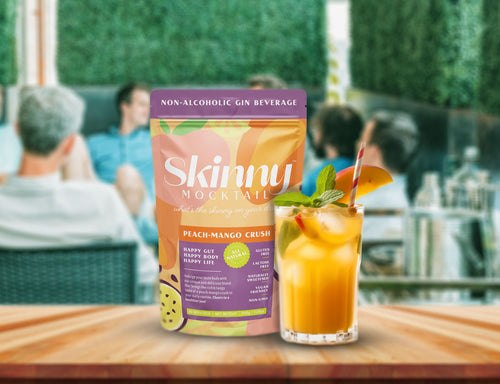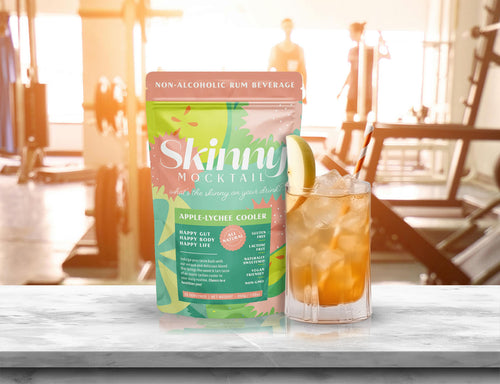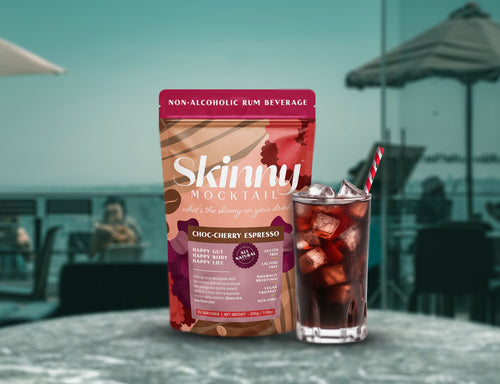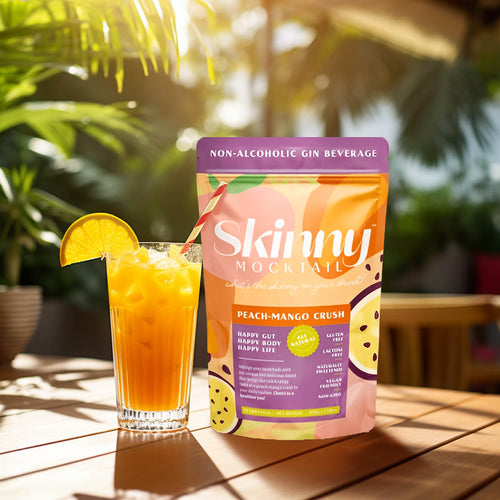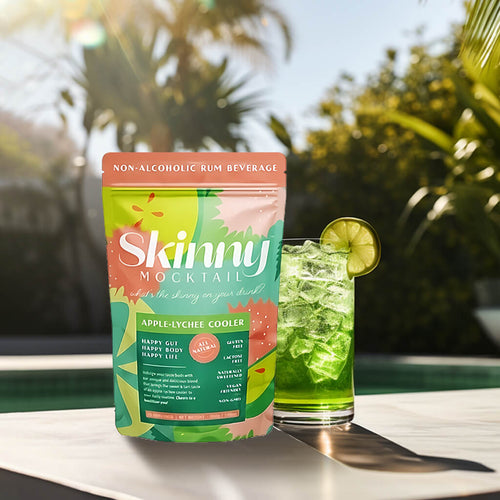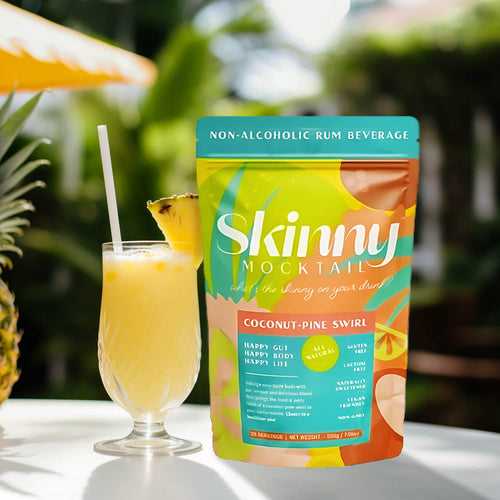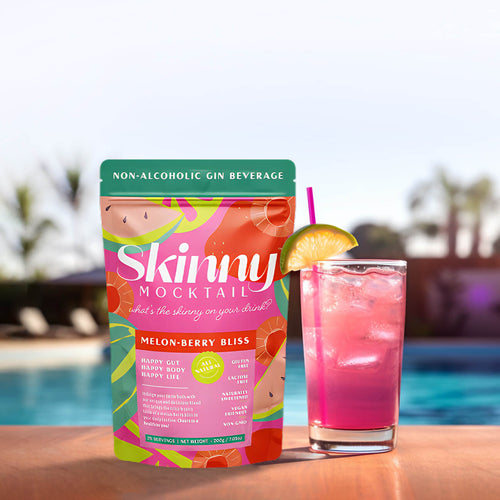In recent years, Dry January has gained popularity as a month-long challenge where individuals abstain from alcohol. This initiative offers a chance to reassess drinking habits and provides numerous health benefits, including potential weight loss. Understanding the relationship between alcohol consumption and weight gain is crucial for those looking to shed extra pounds.
The Caloric Content of Alcohol
Alcoholic beverages are often high in calories, yet they provide little to no nutritional value, earning them the label of "empty calories." For instance, a standard 12-ounce beer contains approximately 150 calories, a 5-ounce glass of wine has about 100 calories, and a 1.5-ounce shot of distilled spirits like vodka or rum contains roughly 100 calories. Cocktails mixed with sugary ingredients can have even higher calorie counts. Consuming these beverages can significantly increase daily caloric intake without contributing to satiety, making weight management more challenging.
How Alcohol Impacts Metabolism
Beyond the calorie content, alcohol affects the body's metabolism in ways that can hinder weight loss. When alcohol is consumed, the body prioritises metabolising it over other nutrients, temporarily halting the breakdown of fats and carbohydrates. This process can lead to increased fat storage. Additionally, alcohol can stimulate appetite and lower inhibitions, leading to overeating or choosing unhealthy foods, further contributing to weight gain.

Benefits of Participating in Dry January
-
Potential Weight Loss: By eliminating alcoholic beverages, individuals reduce their caloric intake, which can lead to weight loss. Studies have shown that abstaining from alcohol for a month can result in weight reduction and decreased waist circumference.
-
Improved Sleep and Energy Levels: Alcohol can disrupt sleep patterns, leading to poor-quality rest. Abstinence can enhance sleep quality, resulting in better energy levels and overall well-being.
-
Enhanced Mental Clarity: Reducing alcohol intake can improve cognitive function and mood, providing greater mental clarity and focus.
Strategies for a Successful Dry January
-
Setting Realistic Goals: Clearly define your reasons for participating and set achievable objectives to stay motivated throughout the month.
-
Finding Alternatives to Alcohol: Explore non-alcoholic beverages and activities to replace the role alcohol may play in social settings or relaxation routines. For instance, incorporating products like Skinny Mocktail into your routine can offer a satisfying alternative. These non-alcoholic drinks are crafted with all-natural ingredients that support weight management and digestive health, making them an excellent choice during Dry January.
-
Building a Support System: Share your goals with friends or join communities participating in Dry January to gain encouragement and accountability.

Potential Challenges and How to Overcome Them
- Social Pressures: Navigate social situations by preparing responses to offers of alcohol and suggesting alternative activities that don't involve drinking.
- Cravings and Habits: Identify triggers that lead to alcohol consumption and develop new, healthier habits to replace them.
- Maintaining Motivation: Keep track of the benefits experienced during the month, such as improved sleep or weight loss, to stay motivated.
Long-Term Implications of Reducing Alcohol Intake
-
Sustaining Weight Loss: Continuing to limit alcohol consumption beyond January can help maintain weight loss and prevent weight regain.
-
Developing Healthier Lifestyle Habits: Use the momentum from Dry January to adopt other healthy behaviours, such as improved diet and regular exercise.
-
Reflecting on Personal Alcohol Consumption Patterns: Take time to assess how alcohol fits into your life and make informed decisions about future consumption.
Conclusion
Participating in Dry January offers a valuable opportunity to break the connection between alcohol and calorie intake, facilitating weight loss and promoting overall health. By understanding the impact of alcohol on the body and implementing strategies to reduce consumption, individuals can achieve their weight loss goals and develop healthier lifestyle habits.
Ready to elevate your Dry January or weight loss journey? Skinny Mocktail offers delicious, all-natural, non-alcoholic drinks crafted to keep you refreshed and on track with your goals. Explore our range of guilt-free indulgences and make your health a priority—one sip at a time. Shop now at Skinny Mocktail and transform your lifestyle today!
FAQs
Q1: Can I expect to lose weight during Dry January?
A1: While individual results vary, many people experience weight loss during Dry January due to reduced caloric intake from eliminating alcohol.
Q2: Are there other health benefits to participating in Dry January?
A2: Yes, benefits include improved sleep quality, increased energy levels, better mental clarity, and a reduction in alcohol-related health risks.
Q3: How can I manage social situations without drinking alcohol?
A3: Plan ahead by choosing non-alcoholic beverages, informing friends of your goals, and suggesting activities that don't involve alcohol.
Q4: What if I experience cravings for alcohol during Dry January?
A4: Identify triggers, find healthy distractions or alternatives, and consider seeking support from friends or online communities.
Q5: Is it beneficial to continue limiting alcohol after Dry January?
A5: Continuing to moderate alcohol intake can sustain the health benefits gained during Dry January, including weight management and improved overall well-being.




